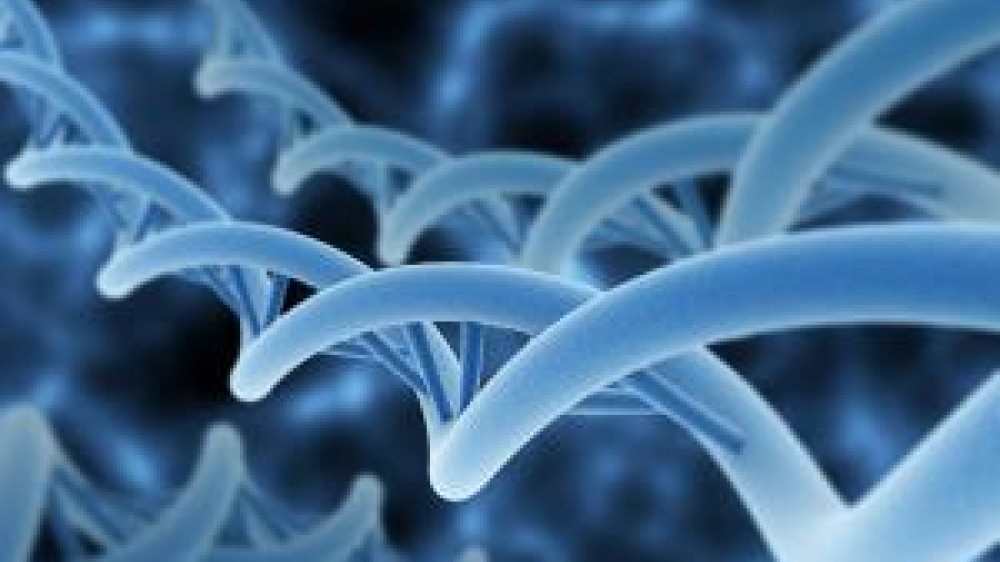£1.5 million for 3Rs research to improve gene therapy safety and skin metabolism prediction

We have awarded £1.5 million to the winners of the annual NC3Rs CRACK IT Challenges competition, run using the Small Business Research Initiative (SBRI) process which is supported by Innovate UK.
CRACK IT Challenges is an innovation competition funded by the NC3Rs that brings together large industries, academia and SMEs to facilitate new business processes and product development that will have a significant impact on the use of animals in research.
The funding is awarded to deliver two Challenges:
- Metaboderm to create tools for better understanding of human skin metabolism.
- InMutaGene to improve risk assessment for gene therapy products.
The winning teams are led by Professor Lyle Armstrong from Newcells Biotech Ltd (Metaboderm) and Dr Manfred Schmidt from GeneWerk GmbH (InMutaGene).
Metaboderm
Potential skin toxicity is an important factor in the design and risk assessment of topically applied xenobiotics and it is heavily dependent on the metabolism and bioavailability of the substance being used. However, human relevant tools to asses this potential are not currently available and most research and testing relies on the use of animals.
The winning consortium (Newcells Biotech Ltd and Newcastle University), with support from GlaxoSmithKline, Unilever and Dstl, will use human induced pluripotent stem cells (hiPSC) to create a 3D skin model that recapitulates the cellular architecture and metabolic profile of human skin. This will be complemented by an in silico platform that will both inform the workings of the in vitro model and provide predictive datasets. The delivery of this Challenge will expand the toolbox of available non-animal approaches for the personal care product industry and reduce the numbers of animals used in the development of pharmaceutical topically applied drugs.
Professor Lyle Armstrong said: ‘The application of iPSC technology to drug discovery is gaining increasing acceptance within the pharmaceutical industry, so the Metaboderm project gives us a great opportunity to demonstrate the utility of these cells in modelling the response of human skin to xenobiotics.’
InMutaGene
This Challenge aims to develop a human relevant risk assessment system that will improve the safety of novel gene therapy products and reduce the reliance on animal models. With new gene therapies emerging, there is an increasing demand for tests to assess the safety of the approach, including the oncogenic potential. Animal models have proved costly, time consuming and not reliably predictive of the effects seen in humans.
The winning team is led by GeneWerk GmbH and includes Brunel University, University College London, King’s College London and The Natural and Medical Sciences Institute, at the University of Tübingen (NMI), with GlaxoSmithKline and Novartis acting as Sponsors. They have already set up the basis of a standardised assay for Individualised Genotoxicity testing (InGeTox) to assess vector safety and efficacy using human induced pluripotent stem cells, differentiated to hepatocytes in 3D culture with extended lifespan. Vector-related factors that cause genotoxicity will be measured, including effects on cancer gene expression by vector promoters and enhancers, aberrant transcript forms or gene splicing, host epigenetic responses to gene transfer and therapeutic gene expression.
Dr Manfred Schmidt said: ‘GeneWerk and its academic partners feel honoured to bring its expertise into partnership with leading global pharmaceutical companies GlaxoSmithKline and Novartis. Whilst avoiding animal experimentation, together we will be accelerating the transition of safe gene therapy from bench to bedside.’
Dr Vicky Robinson, Chief Executive of the NC3Rs, said: ‘We are really pleased to fund two exciting multidisciplinary teams to deliver these important Challenges by working in close collaboration with the Sponsors. If successful, the development of fit-for-purpose human relevant systems that are applicable across multiple industry sectors will provide important novel scientific insights and reduce the reliance on animal models.’
CRACK IT Challenges aims to bridge the gap between the development of new approaches with commercial and 3Rs benefits, and the uptake of them in practice. Sponsors are usually from large pharmaceutical, chemical or personal care product industries, research charities or academic institutions, which help define the Challenges with the NC3Rs and provide in-kind contributions and expert advice to the winners. The competition is run in two phases, with funding for six month proof-of-concept studies awarded in Phase 1, and a Dragons’ Den-style interview to select the Phase 2 winners who will receive full funding for three years to solve the Challenge.
